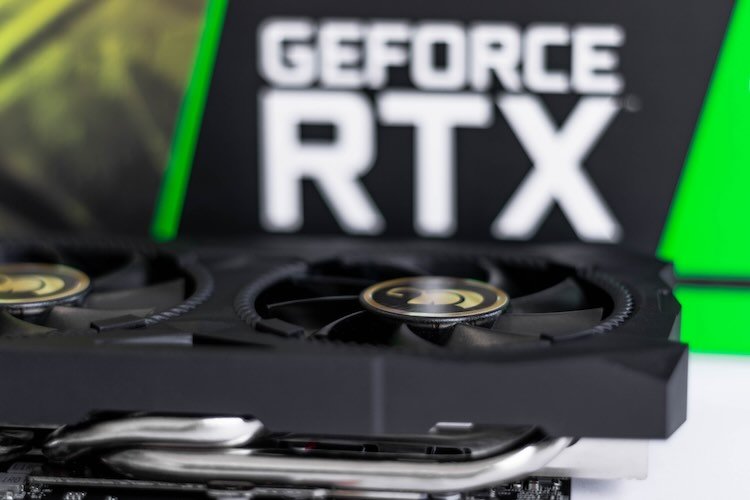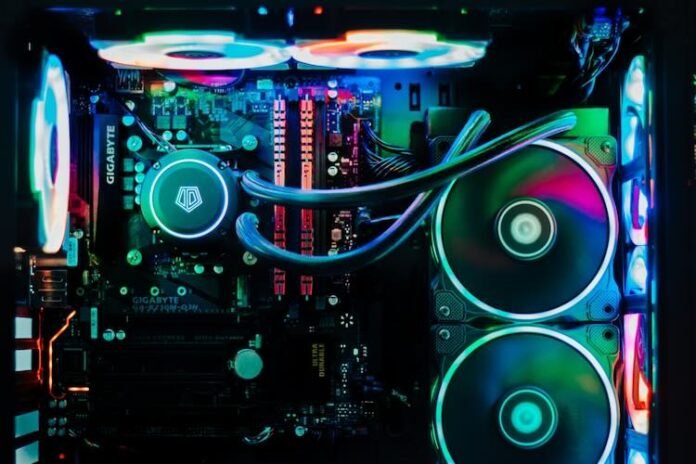PC owners have always been in an interesting position. While dedicated gamers typically have their PlayStations at the ready, and fans of the Lord of the Rings movies can easily fire up their Blu-ray players, PCs are expected to handle a multitude of tasks simultaneously.
Furthermore, they must keep up with the relentless pace of new hardware component releases and ever-increasing game system requirements. As you can see, buying a new PC can be a bit overwhelming.
Well, like all other responsibilities in the world, this one can be made much easier by good strategy and a couple of important things to consider. Let’s take a look at some of the most important picks.
The PC’s Overall Purpose
Before we dive into the finer details, it’s important to establish the extent of your commitment to gaming. While this guide primarily caters to gamers, the first question to address is whether you’re primarily seeking a gaming-focused device, a versatile multimedia platform, or perhaps you also plan to use your PC for more ‘serious’, work-related tasks.
Alternatively, are you in the market for a visually striking build designed purely for aesthetic purposes? Once you’ve figured out your needs and wants, you’ll have a clearer picture of your budgetary requirements.
A system geared towards casual Netflix use doesn’t need a hefty investment, but a gaming rig designed for long-term use certainly demands a more substantial financial commitment.
Are You an On-the-go Gamer?
Portable gaming has been a problem the gaming industry hasn’t really cracked yet. Sure, you have your Nintendo Switch which is still immensely popular. But, even when it launched this console had outdated hardware and now, for all intents and purposes, serves as an emulation device.
Playing the latest-gen PC AAA games requires a laptop with very strong specs. Still, laptops are, on average, 30% more expensive than traditional PCs with the same specs. So, ask yourself just how badly you need to play Diablo 4 or Cyberpunk 2077 on the go. Playing games on a laptop is enjoyable for sure but if we’re being honest, it’s still considered an alternative to desktop gaming.
Keep Track of the Latest Market Prices
The PC component market is evolving at lightning speed. Therefore, before embarking on the task of building a configuration that aligns with the system requirements of your favorite games, you must possess a solid understanding of the value of these parts.
This process can be daunting and time-consuming, so perhaps you should consider seeking assistance. You can find the perfect gaming computer for sale at Evatech that will cater to your specific needs. Their expert staff can guide you through the whole process and help you make an informed decision that’ll ensure you get the best gaming experience.
Know Which Components to Prioritize
In an ideal scenario, you’d want the best possible specifications for the three key components: the processor, graphics card, and RAM. However, when we dig deeper into the details, the age-old rule that prioritizes GPU over CPU over RAM still holds true. Each of these specific components plays a distinct role.
For instance, the PC loads the game into RAM which serves as a temporary memory. The lack of this type of storage leads to lower FPS, higher latency, and stutter. Your CPU serves as a general engine feeding other components with data. Finally, the GPU is responsible for more graphically intensive tasks. If you are on the fence, see which of these things you need the most.
Think About the System Bottlenecks

With all the things we’ve said above in mind, the fact remains that a PC needs all its components well balanced out to provide a decent gaming experience. So, having a powerful CPU that will load data to lackluster RAM modules will inevitably cause what we like to call system bottlenecks.
To get around this problem, try to maintain a balanced approach when prioritizing the different components. Consider that a mid-range PC build today typically includes components such as the Intel Core i5 13400F, AMD Radeon RX 7700 XT, and 16GB of RAM. We highly recommend not to fall below this benchmark for any of these components.
Remember There is No Such Thing as Future-Proofing
If you want to have something that’ll be able to stand the test of time for 3 to 5 years should, once again, consider going with a console. When it comes to PC gaming all bets are off. So, you should be aware that core components like CPU and GPU will need to be replaced sooner than later.
Since things are as they are, we suggest that you first build solid foundations in the form of a good motherboard, cooling system, RAM, and power supply (at least 650W), and assemble the rest of the build from that point on. As long as you have a solid core, you can do that even on a per-game basis.
Wrapping Up
There you have it, the top six important things to keep in mind when buying your next gaming PC setup. As you can see, setting up a solid gaming configuration goes way beyond checking a couple of system requirement boxes, at least if you want to use your PC for longer than 12 to 18 months.
Be sure, then, to be sure about your personal priorities and know where to look for the best offers. Each new factor you throw into the equation will give your configuration stronger legs.
By Mike Johnston

